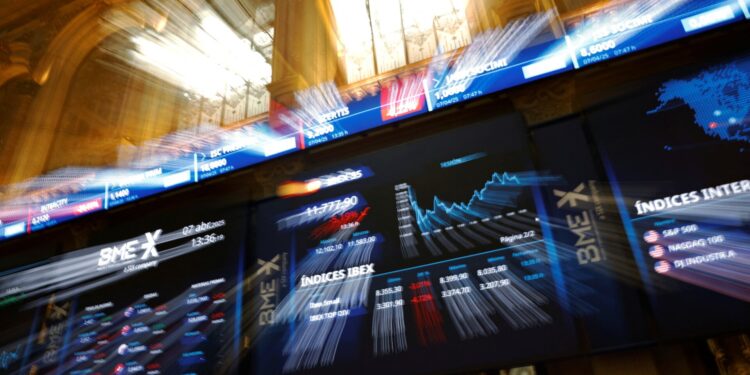Market resilience in the face of international turmoil, geopolitical tensions, and conflicts is well documented. The current situation confirms these historical trends. Aside from the initial hours following the Israeli attacks on Iran’s nuclear facilities, international markets have largely reacted with composure to the new developments in the Middle East, with rising energy prices being the primary concern.
Investors were keenly watching the first trading session of the week to gauge the impact of four days of intense missile strikes on market sentiment. Surprisingly, there was little to no reaction. Some analysts pointed to this as complacency and raised concerns about the associated risks. However, shortly thereafter, reports from Western media indicating Iran’s willingness to discuss a ceasefire—echoed in a public statement by U.S. President Donald Trump—appeared to validate investors’ confidence, prompting them to buy stocks and oil at their lower prices.
This doesn’t imply that markets possess greater foresight than politicians regarding future developments. Rather, it shows that markets can react more swiftly. The conflict between the region’s dominant powers is devastating for both sides, yet it seems improbable that it will escalate further, as all parties recognize that an intensified conflict would serve no one’s interests. Even theories suggesting that certain entities may be attempting to reshape regional boundaries acknowledge the importance of maintaining balance, despite aggressive rhetoric calling for the enemy’s downfall.
















